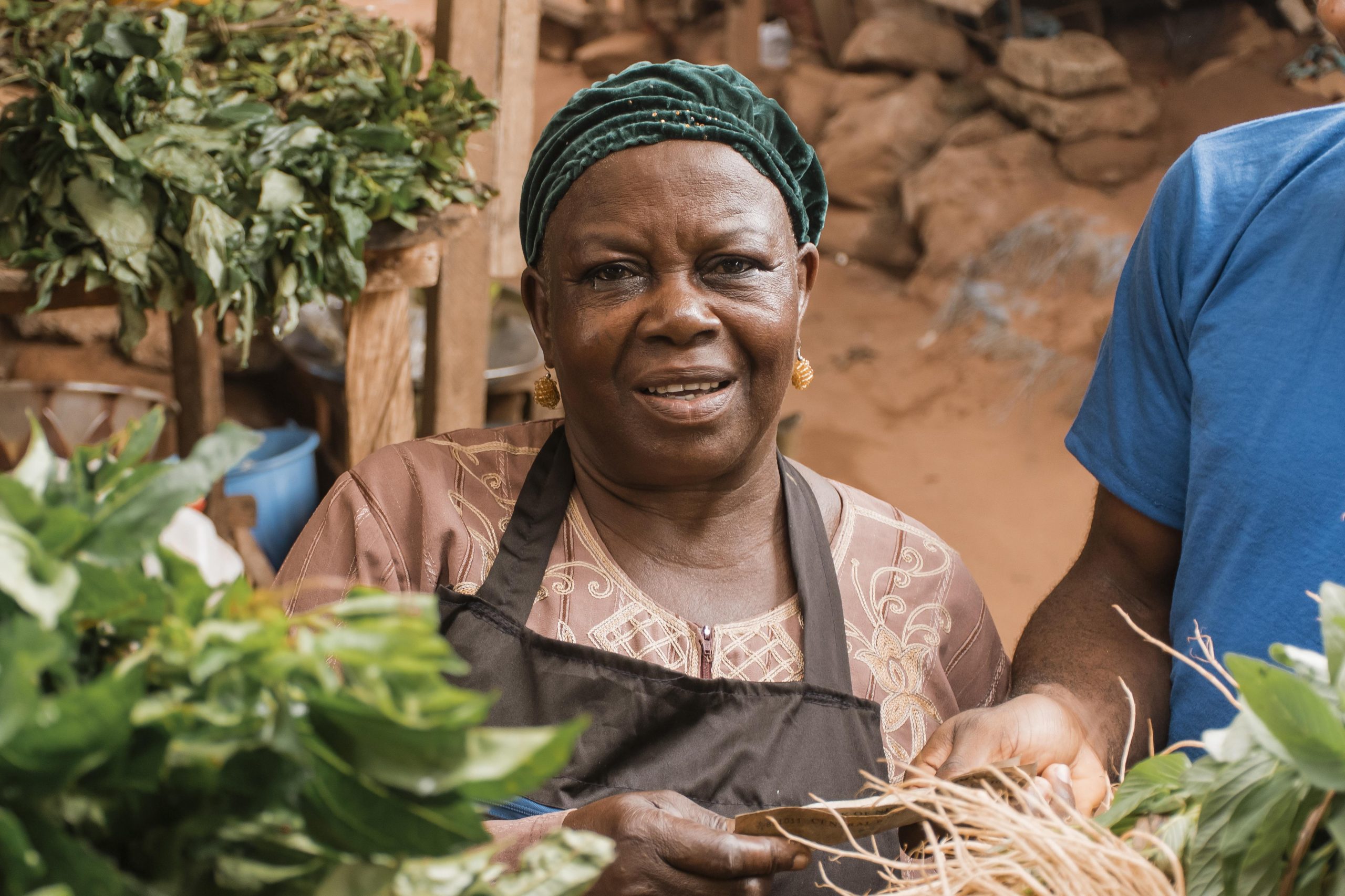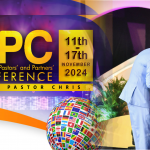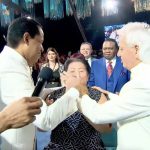
Appiah – This decade 2015-2014 has been declared the International Decade for People of African Descent. It’s a laudable initiative but not a strong enough denunciation and rejection of the atrocities perpetrated against people of African descent. When one reads the full background of this proclamation, we cannot help but feel this resolution was birthed in part as a result of recent police brutalities against people of colour in the United States of America with the Justice Department seemingly looking the other way. If this was the case, it should have been stated as such. If these atrocities happened anywhere else, chances are the resolution would have been more straight to the point calling out names and demanding justice. But the nation committing these atrocities is not just any other nation. Its the United States of America- the lone standing hegemon in the international system.
Not only is the United States of America the sole hegemon in the international system, it also picks up a sizable portion of the bills at the United Nations and its agencies. Since the United Nations depends to an extent on the United States of America’s financial support, it seems it is ‘wary’ of directly reprimanding or rebuking the United States of America forthright. Instead, it has chosen a roundabout approach, making use of blanket statements that point no fingers at the United States of America.
The above notwithstanding, the following background information is quite informative.
United Nations – There are around 200 million people identifying themselves as being of African descent live in the Americas. Many millions more live in other parts of the world, outside of the African continent.
Whether as descendants of the victims of the transatlantic slave trade or as more recent migrants, they constitute some of the poorest and most marginalized groups. Studies and findings by international and national bodies demonstrate that people of African descent still have limited access to quality education, health services, housing and social security.
In many cases, their situation remains largely invisible, and insufficient recognition and respect has been given to the efforts of people of African descent to seek redress for their present condition. They all too often experience discrimination in their access to justice, and face alarmingly high rates of police violence, together with racial profiling.
Furthermore, their degree of political participation is often low, both in voting and in occupying political positions.
In addition, people of African descent can suffer from multiple, aggravated or intersecting forms of discrimination based on other related grounds, such as age, sex, language, religion, political or other opinion, social origin, property, disability, birth, or other status.
The promotion and protection of human rights of people of African descent has been a priority concern for the United Nations. The Durban Declaration and Programme of Action acknowledged that people of African descent were victims of slavery, the slave trade and colonialism, and continue to be victims of their consequences.
The Durban process raised the visibility of people of African descent and contributed to a substantive advancement in the promotion and protection of their rights as a result of concrete actions taken by States, the United Nations, other international and regional bodies and civil society.
Still, despite these advances, racism and racial discrimination, both direct and indirect, de facto and de jure, continue to manifest themselves in inequality and disadvantage.
The International Decade for People of African Descent, proclaimed by General Assembly resolution 68/237 and to be observed from 2015 to 2024, provides a solid framework for the United Nations, Member States, civil society and all other relevant actors to join together with people of African descent and take effective measures for the implementation of the programme of activities in the spirit of recognition, justice and development.
It is also a unique opportunity to build on the International Year for People of African Descent, which was observed by the international community in 2011, and to further underline the important contribution made by people of African descent to our societies and to propose concrete measures to promote their full inclusion and to combat racism, racial discrimination, xenophobia and related intolerance.
Source: UN Web Services Section, Department of Public Information






